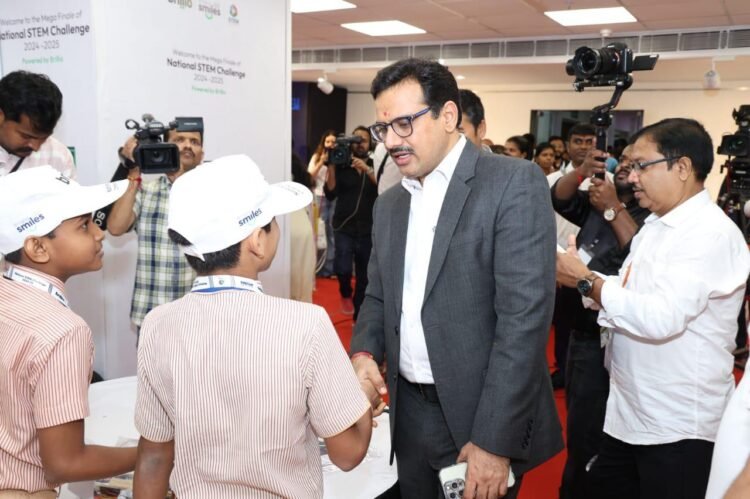Deependra Singh Kushwah interacted with young innovators, applauding their creativity and scientific temper.
MUMBAI (India CSR): Deependra Singh Kushwah, IAS (Development Commissioner, Directorate of Industries, Government of Maharashtra), inaugurated the Brillio National STEM Challenge 2025 today at Ravindra Natya Mandir, Near Sidhivinayak Temple, Dadar West, Mumbai.
The Grand Finale of the National STEM Challenge 2025—a collaboration between Brillio and STEM Learning—is being held. The national level event brings together more than 2,500 students from 500+ schools across 26 states, spotlighting India’s most promising young innovators in science, technology, engineering, and mathematics.
A Celebration of Innovation
Interacting closely with the young participants, Deependra Singh Kushwah emphasized that the true strength of India lies in its ability to nurture innovative minds from the school level itself. He praised the creativity, originality, and problem-solving spirit that the students displayed through their projects, noting that such qualities reflect the foundation of a strong knowledge economy. According to him, the National STEM Challenge is not merely a competition but a movement that strengthens India’s innovation ecosystem, bringing together ideas from across geographies, cultures, and social backgrounds.
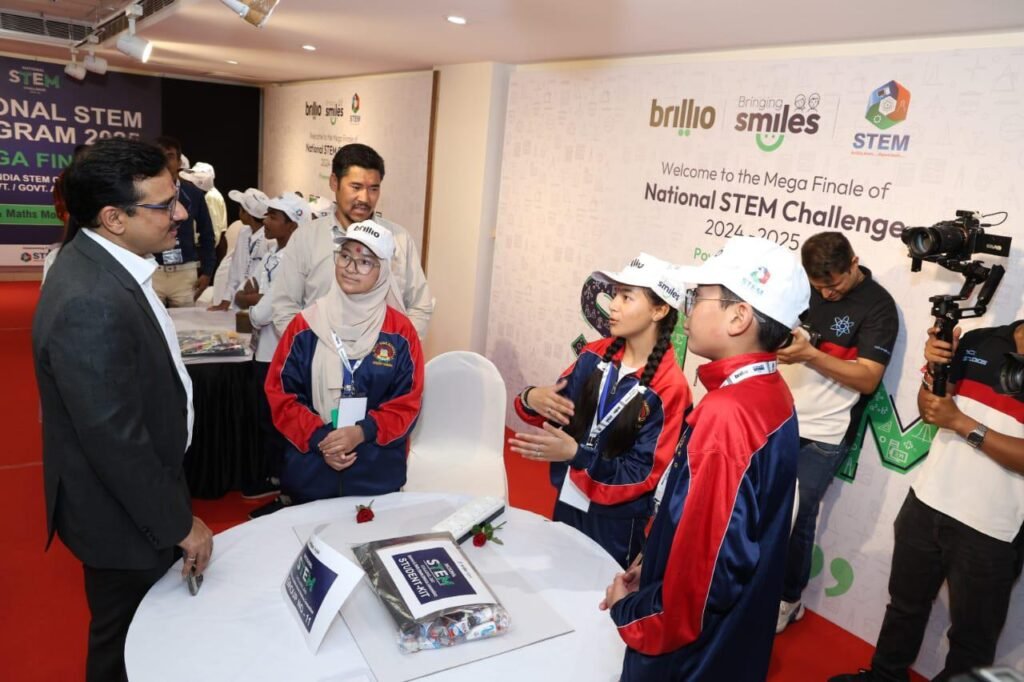
Kushwah observed that STEM learning must transcend textbooks and classrooms to address real-world challenges. He pointed out that when science and technology are aligned with the pressing needs of society—such as sustainability, healthcare accessibility, and rural empowerment—they create transformative solutions that directly improve people’s lives. He cited examples from his own administrative journey, where innovative approaches to water conservation, healthcare outreach, and digital governance made a lasting impact on communities, underscoring how young innovators can similarly design solutions that benefit millions.
Appreciation for Young Innovators
He emphasized that the fusion of creativity and accountability must not remain limited to city-based schools but should extend to village classrooms and government-aided institutions, where students often lack access to advanced laboratories, modern teaching tools, and mentorship opportunities. According to him, initiatives like the National STEM Challenge play a crucial role in bridging this urban-rural divide, offering rural students a stage to showcase their talent and learn alongside peers from across the country.
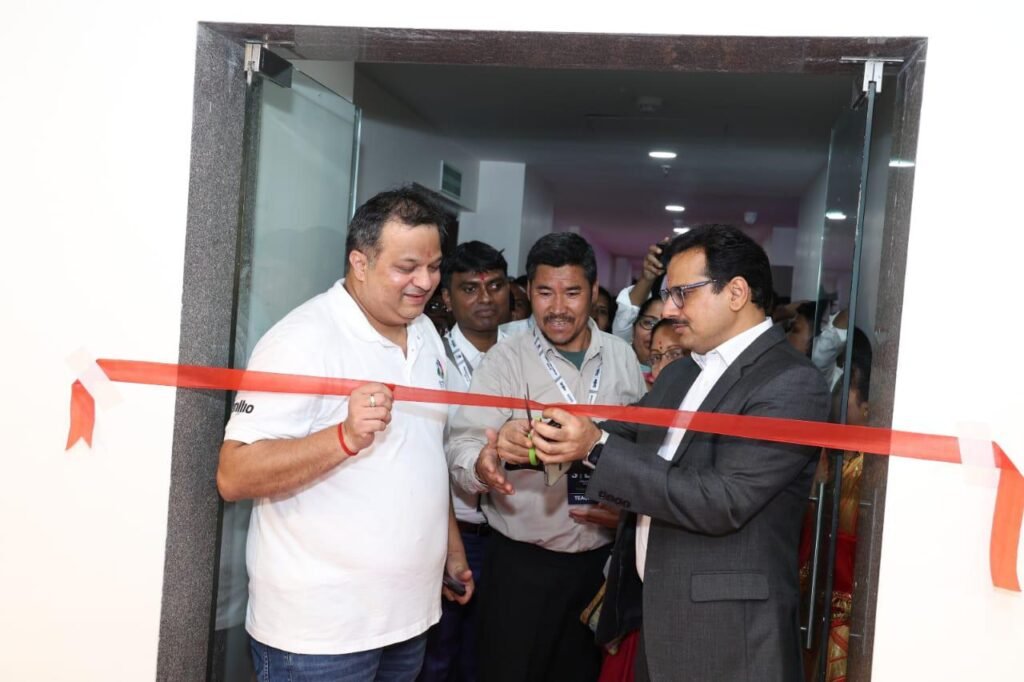
“When a child in a remote village uses STEM to design a solution for clean drinking water or energy access, that innovation is no less powerful than a breakthrough in a high-tech city lab,” he remarked, underscoring that the next wave of transformative ideas may very well emerge from rural India.
Industry and STEM education
While discussing with India CSR, Deependra Singh Kushwah, IAS (Development Commissioner, Directorate of Industries) emphasized the urgent need for deeper collaboration between industry and STEM education. He pointed out that industries today are not just consumers of talent but also stakeholders in shaping the future workforce. By partnering with schools and grassroots programs, companies can provide students with access to modern laboratories, mentorship, and real-world problem statements. Such collaborations, he noted, ensure that students—especially from rural and government-aided schools—gain exposure to practical applications of science and technology. This not only strengthens the talent pipeline for industries but also creates a generation of innovators who are capable of addressing India’s unique challenges in sustainability, healthcare, energy, and digital transformation.
Strong Focus on Innovation and Skill Development
As a senior officer who has led the Maharashtra State Innovation Society (MSInS) and the Maharashtra State Skill Development Society (MSSDS), Shri Kushwah has a track record of empowering youth through innovation-driven initiatives. His leadership has earlier seen the successful launch of startup programs, vocational training reforms, and initiatives like the Kumbathon in Nashik, which gained international recognition.
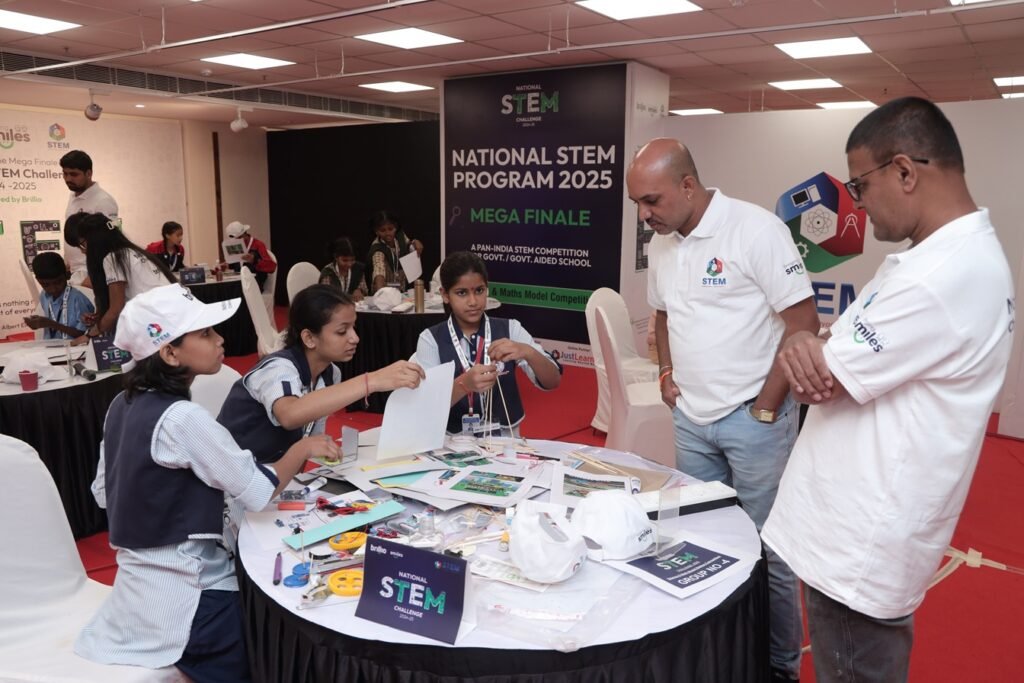
Policy Leadership for Growth
Currently, Shri Kushwah heads Maharashtra’s Ease of Doing Business efforts and oversees key industrial policies, including Export, IT, and Logistics, with upcoming frameworks in MSMEs, Aerospace & Defence Manufacturing, and the Circular Economy. Linking STEM talent with these industrial opportunities, he noted, will strengthen India’s innovation ecosystem and global competitiveness.
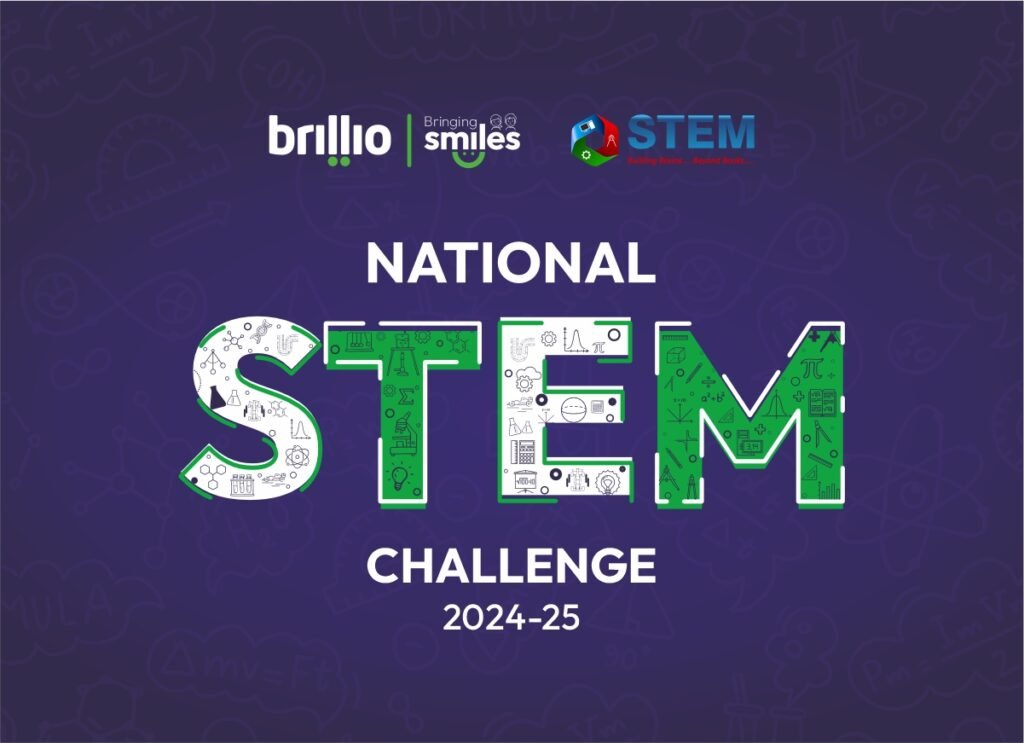
A Platform for Future Leaders
The competition has, over five editions, become a launchpad for future leaders. Students competed in model-making, tinkering, and engineering challenges, including the much-anticipated Speedy Car Challenge. This year also saw the unveiling of India’s first ESG Lab, embedding environmental and social responsibility into STEM education.
Ashutosh Pandit, Founder, STEM Learning, said: “The originality and passion these students bring is extraordinary. The Challenge is more than a contest—it’s a stage for ideas that can transform communities. We look forward to seeing their energy inspire the nation here in Mumbai.”
Abhishek Ranjan, Managing Trustee, Brillio Foundation, and Global Head – ESG, Brillio, added, “The Brillio STEM Program is enabling students across 26 states to put science into action. Their creativity is a powerful reminder of India’s limitless potential. By 2030, our commitment is to reach one million children, building a future where diverse young minds drive real innovation.”
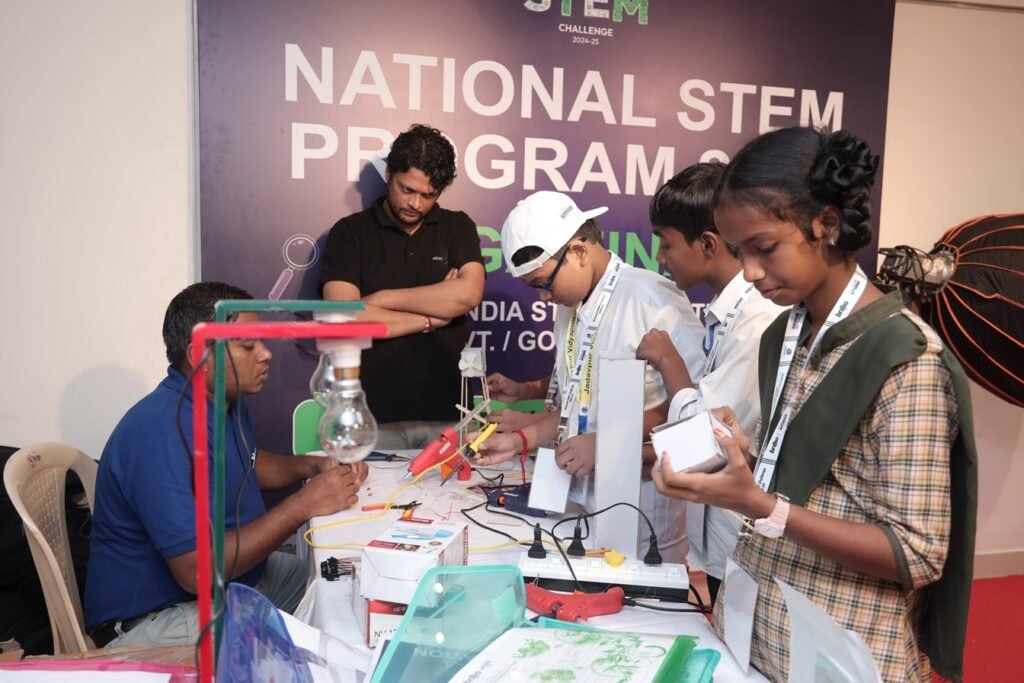
National STEM Challenge: A Platform for Future Leaders
The National STEM Challenge has, over its five editions, grown into a national platform for future leaders. Students compete in science model-making, tinkering, and engineering challenges, including the much-anticipated Speedy Car Challenge. The finale not only celebrates innovation but also nurtures teamwork, design thinking, and hands-on learning.
All Photo copyright- India CSR.
(India CSR)
(India CSR)

